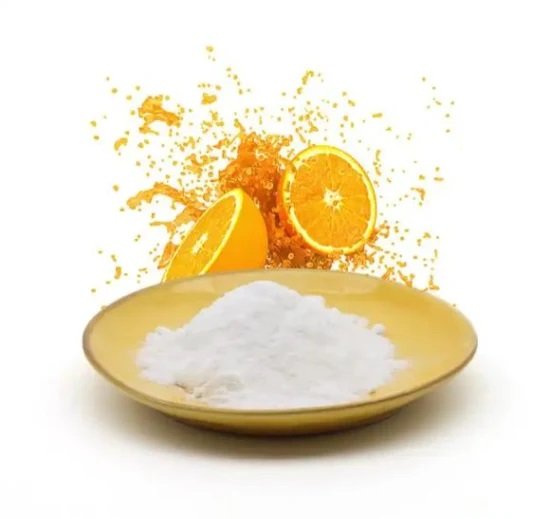Ingredients Matter, Skin Care Health
Vitamin C Skincare Myths
I think we all know vitamin C. We connect it with all the orange juice commercials. Clearly a well-known nutrient and a trending ingredient used in high performance skincare products. And for good reason. It is the most abundant antioxidant naturally present in our skin! Yes, vitamin C resides there. It’s also one of the most well-researched vitamin for skincare use. But like all things popular, there are various myths surrounding this active ingredient and its use.
Let’s explore!
Vitamin C, also known as ascorbic acid, is essential for human health because the human body cannot manufacture it. We must obtain it from external sources—mostly food. It’s also relevant for skin health. Vitamin C protects the skin from oxidative stress and plays a role in collagen synthesis regulation, production, and stabilization. It also can help even out skin tone by reducing dark spots.
Ascorbic Acid
Vitamin C is found in nature as a certain type of ascorbic acid, L-ascorbic acid and its salts (see diagram to right). These are the most biologically-active form of this ingredient. It’s present in many fruits (citrus, and the like) as well as vegetables like broccoli and kale. Ascorbic acid is a water-soluble compound.
Vitamin C Skincare Myths
The overwhelming amount of information and misinformation about vitamin C can be confusing, even for experienced skincare formulators. We’re hoping to provide some clarity and understanding so you can be an informed consumer.
Botanical oils are rich in Vitamin C
Rosehip oil and orange essential oil are rich in vitamin C. It would seem to make sense to think our skin would benefit from the vitamin C in these oils. This is one of the most command widespread myths regarding vitamin C.
Ascorbic acid—vitamin C—is a water-soluble compound. And while we tend to think that the oils of fruits rich in vitamin C will contain it too, this is just not the case. When that beautiful oil is peel pressed or cold pressed from the plant, the vitamin C does not come with it as it does not have an affinity for oils.
There are oil-soluble vitamin C derivatives but these are lab-processed ingredients that aren’t naturally present in fruits and vegetables.
Alas, it is not uncommon to see suppliers and manufacturers marketing the benefits of active compounds from the fruit itself instead of the oil that was cold-pressed from the fruit. This is often the case with rosehip oil and essential oils from citrus fruits. While citrus fruits are rich in vitamin C, their essential oils do not contain ascorbic acid, as it isn’t extracted through distillation or peel expression.
This doesn’t mean rosehip or other botanical oils don’t have wonderful benefits and actives, because the do. They just don’t contain vitamin C.
Vitamin C causes sun sensitivity
Vitamin C acts mainly as an antioxidant (prevents oxidative stress). In contrast to other acids, ascorbic acid isn’t a chemical exfoliant, therefore doesn’t cause sun sensitivity. It’s just the opposite! It helps protect the skin from free radicals produced from exposure to UV rays and reinforces the action of sunscreen.
But there is a reason why it’s recommended to use some vitamin C serums at night.
If you use a vitamin C serum made with ascorbic acid and apply it during the day, and you notice an orange/brownish tone on your skin, it basically means the formulation was not stable. The color will stain and stay on your skin until the dead skin cells shed.
This can be avoided by applying ascorbic acid containing products at night. Wash your hands after application and remember to wash your face in the morning to remove the product. Vitamin C products that contain other antioxidants like vitamin E and ferulic acid can help prevent the undesired staining (look for vitamin C products that include other antioxidants).
In conclusion
Vitamin C, a well acquainted nutrient, has become a trending ingredient in cosmetics. It’s not easy to find reliable content about this ingredient, and the internet is full of misinformation on vitamin C. Rarely is all the knowledge in one place and putting the pieces of a complex puzzle together can be an incredibly daunting task.
It’s not easy to interpret scientific data or understand complex chemical reactions which only contribute to even more confusion. Sometimes, when all the answers aren’t available, we fill the gaps with whatever sounds logical. So it’s easy to see how misconceptions about vitamin C continue to swirl on the internet. It’s why it’s so important that cosmetic ingredient research is a continuous process. ![]()

